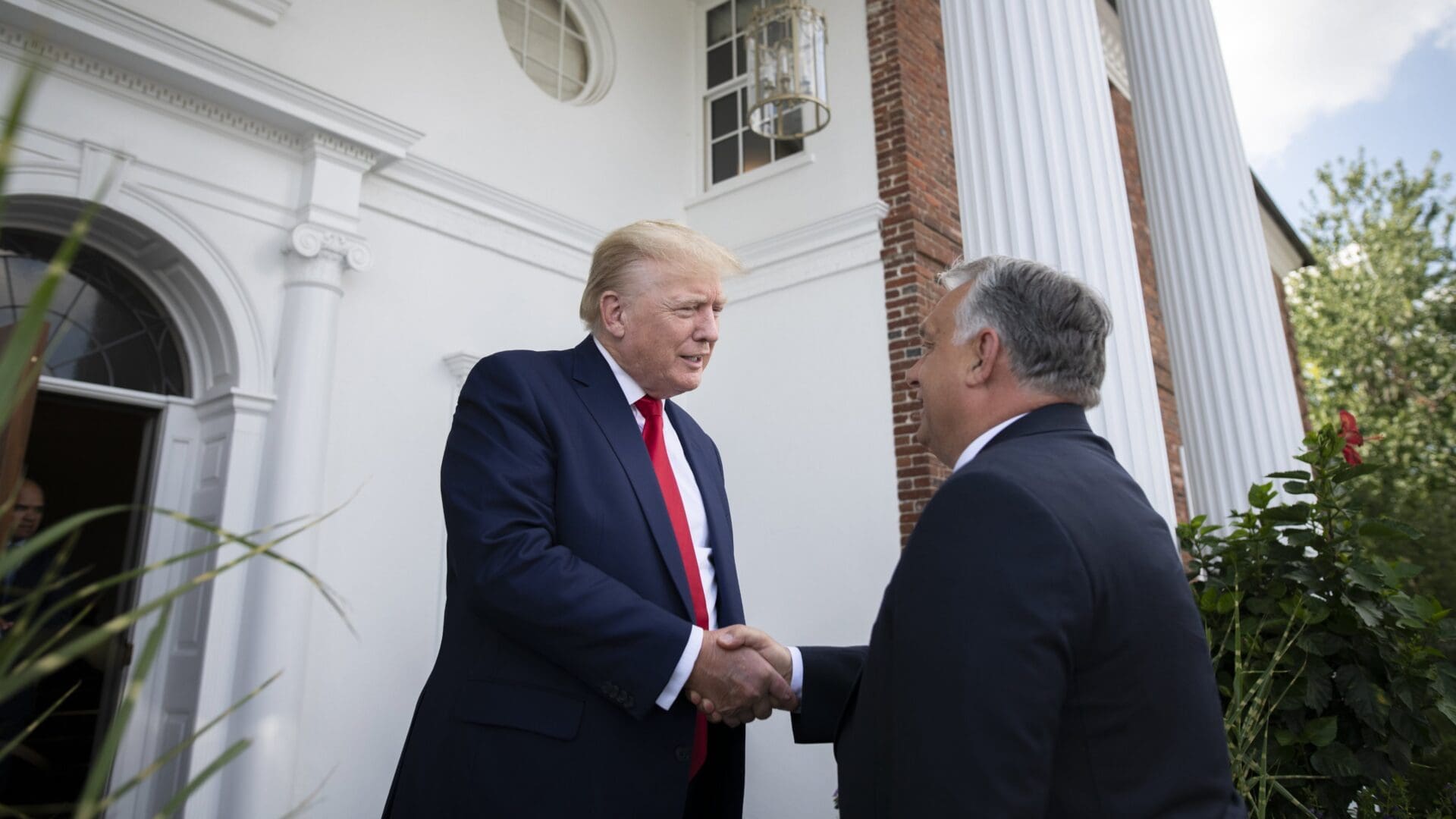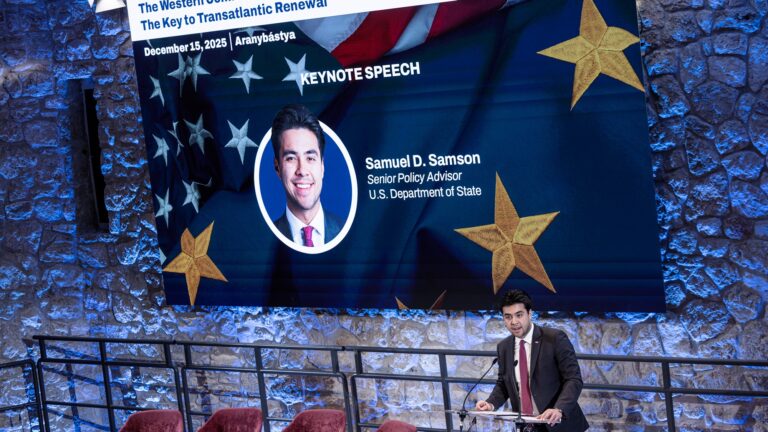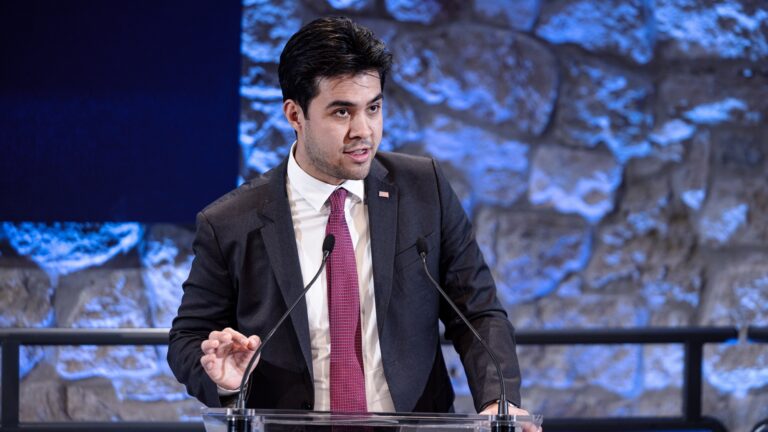Hungarian Prime Minister Viktor Orbán is set to visit the White House on 7 November as a guest of US President Donald Trump, Minister Gergely Gulyás announced on Thursday. The meeting will focus on expanding bilateral cooperation in the fields of energy, defence, and finance, as well as on exploring diplomatic routes toward peace in Eastern Europe.
According to Gulyás, preparations for the high-level talks have been underway for some time, with both sides aiming for tangible results that strengthen Hungarian–American relations and bolster Hungary’s economy. The two leaders are expected to sign a series of agreements covering energy, defence industry, and financial collaboration.
The discussions will also provide an opportunity to exchange views on potential outcomes for peace in the ongoing Russia–Ukraine conflict. Gulyás added that the meeting may help outline a roadmap leading to a possible US–Russia dialogue and, ultimately, a peace agreement between Moscow and Kyiv. He confirmed that all parties have agreed that the planned peace summit will be hosted in Budapest.
‘Preparations for the high-level talks have been underway for some time, with both sides aiming for tangible results that strengthen Hungarian–American relations’
At the same press conference, Gulyás announced the government’s decision to extend price margin caps on food and drugstore products until 28 February 2026. The measure, he said, remains a key tool in fighting inflation. Beginning 1 December, the list of products covered by the cap will expand to include beef sirloin, top round, pork liver and pâté, semi-hard and spreadable cheeses, apples, pears, plums, grapes, cabbage, tomatoes, onions, peppers, and baby food.
Gulyás emphasized that data from the Hungarian National Bank confirm the effectiveness of margin reductions in curbing inflation, helping to lower or stabilize consumer prices nationwide.
In addition, he said that from 1 January, the government will implement a 15 per cent wage increase in the social sector and double the funds allocated to foster parents. He noted that around 23,000 children live under state care in Hungary—two-thirds with foster families and one-third in institutions—and emphasized the importance of supporting foster care, which provides an environment closest to family life.
‘The government will implement a 15 per cent wage increase in the social sector and double the funds allocated to foster parents’
Gulyás also urged citizens to participate in the national consultation on tax policy, open until 30 November. The survey addresses the future of Hungary’s flat tax system and public attitudes toward potential tax hikes. He argued that maintaining the current single-rate system has served both taxpayers and the economy well over the past decade.
The minister linked the issue to the ongoing war in Ukraine, asserting that as Europe has been left alone to finance the conflict—while the United States has withdrawn from funding—it now relies on tax increases to sustain aid to Kyiv. ‘We believe both the war and tax hikes must be rejected,’ he said, urging all citizens to voice their opinion through the consultation.
Related articles:







